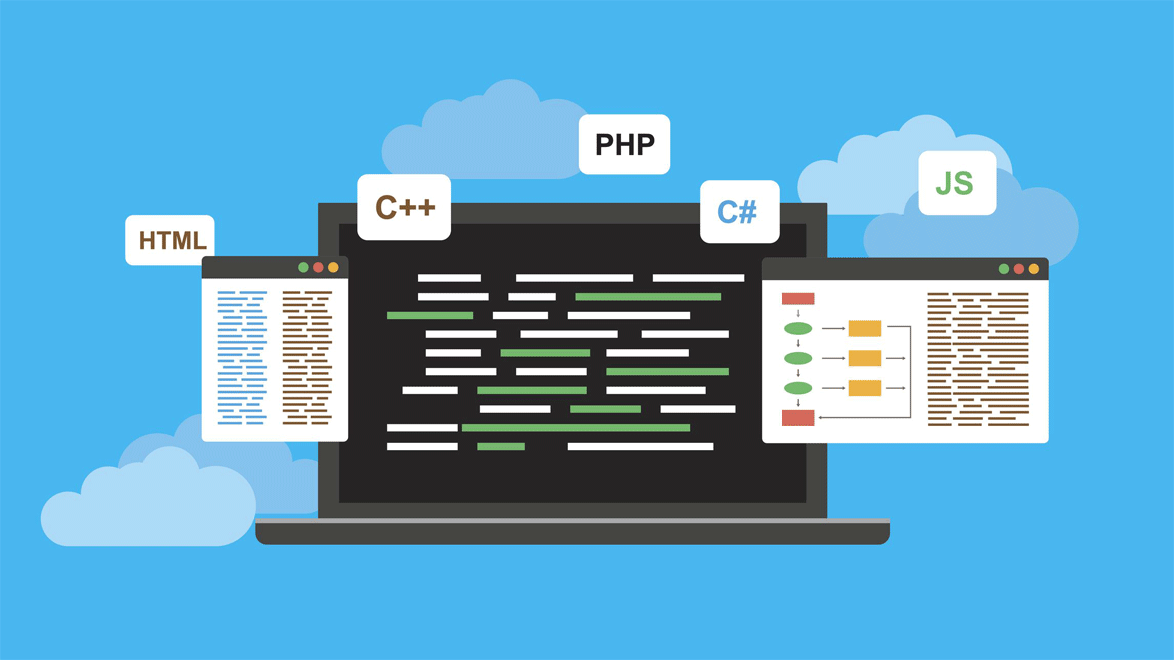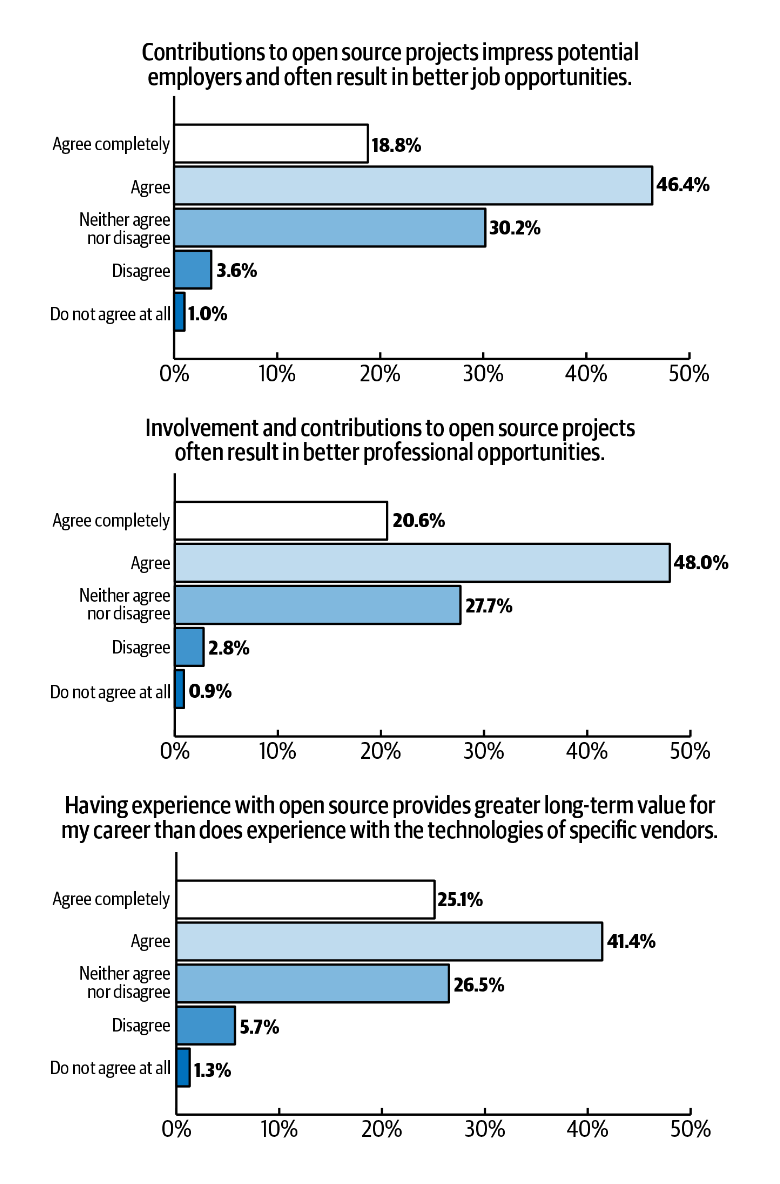Although soft skills like etiquette, good communication and listening skills are sought after in an employee, let's not forget that companies also praise hard skills.
And when they want to hire new employees for a developers' job, that is no exception.
Businesses want their developers to know their way around computer programs, capable of coding, and understand the technology world in general.
But among others, according to IBM, there is one skill that will likely make people get their dream developer job.
And that skill is the ability to work with open-source technologies.
According to the company's research, that has surveyed 3,400 developers and technology managers in different industries and companies large and small, developers who can boast skills in open-source cloud technologies are likely to have higher wages and more professional opportunities.

What IBM is recommending, developers should start building skills around the open-source software that is used to run inside the clouds, instead of just focusing on capabilities that are related to a specific vendor's cloud.
IBM findings suggest that two-thirds of respondents agreed that open source experience provides greater value than specific vendor’s technologies.
In the survey, more than 65% of respondents agreed that contributions to open source projects impress potential employers and often result in better job opportunities.
Open Source Against Proprietary Software
In the modern days of the internet and technology, where many developments of software projects are based on API and cross-platformed integrations, open-source software is getting more popular than ever.
This fact makes proprietary technologies to take a backseat and more ignored.
According to IBM, more than nine out of ten respondents (94%) rated open-source software skills as equal or better to proprietary software; while the majority of developers surveyed (54%) reported that learning cloud-computing skills specific to a single cloud provider limits their professional growth.
Since Linux and not Windows Server that many enterprise users want, both on servers and in the cloud, for example, open source and cloud technologies have grown in tandem.
Both technologies complement each other well.
Since businesses tend to avoid the risk of vendor lock-in, they are increasingly turned into multi-cloud and hybrid cloud services.
And in many of these cases, it makes more sense for their providers to give their clients an open-source software solution to enable a cross-platform system that can run everywhere instead of on a single vendor's proprietary tools.

According to IBM on its blog post:
The main reason that the skills for open source are needed, is because the developer can transfer the open source technologies they known, across the whole range of developer community and ecosystem, "and of course to any proprietary cloud that you work on," IBM continued.
In conclusion, developers who spend more time contributing to the open source community is more than just a resume builder.
"It’s a competitive advantage for your business," said IBM.
"Open source adoption in the enterprise is valuable for open source ecosystems that thrive on the strength and diversity of the community. More enterprise developers working in the open produce more secure, innovative technology for all."
So whether the developer is working solo, or working for a startup, or a large enterprise, their contribution to the open-source community is an added plus that will help them achieve their professional and business goals.
